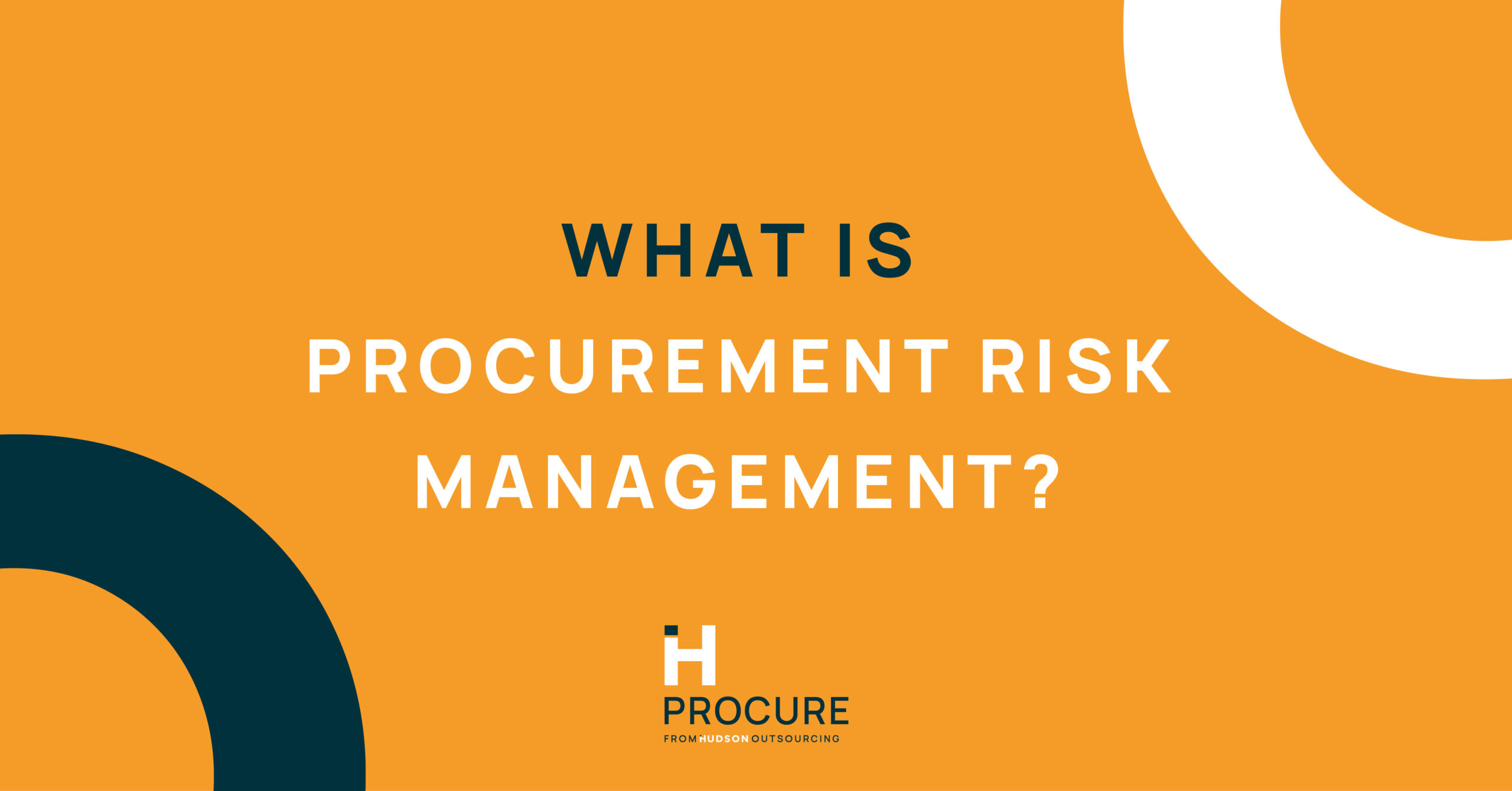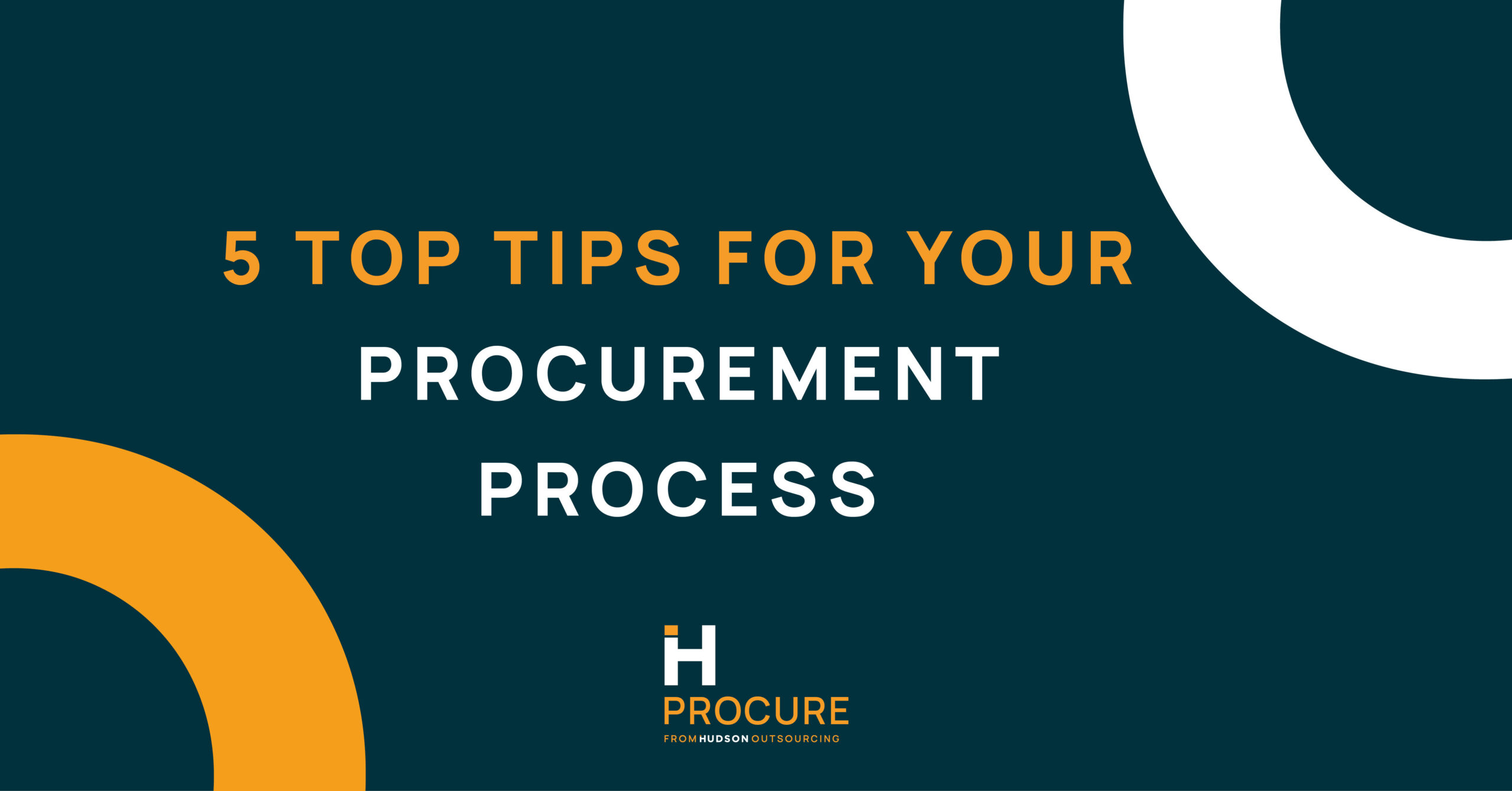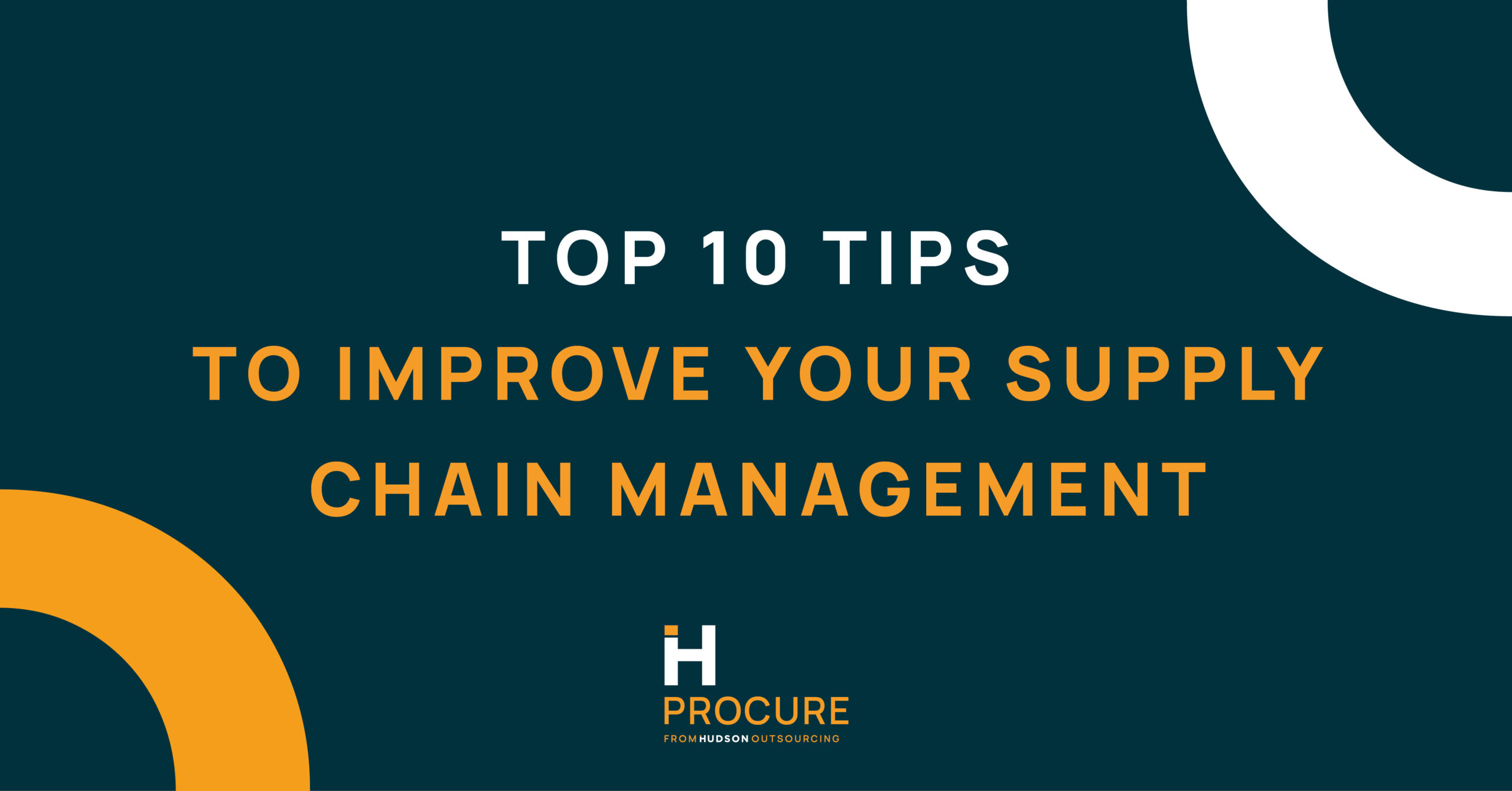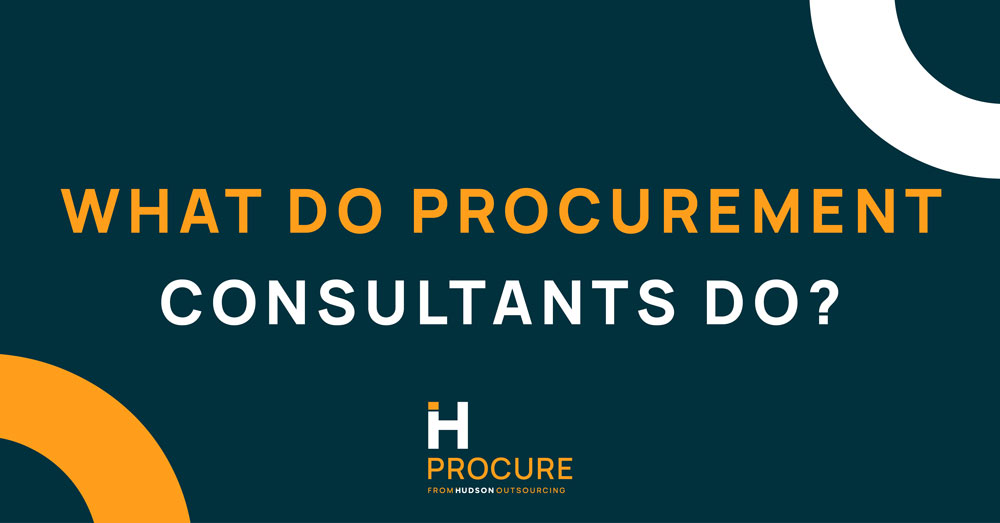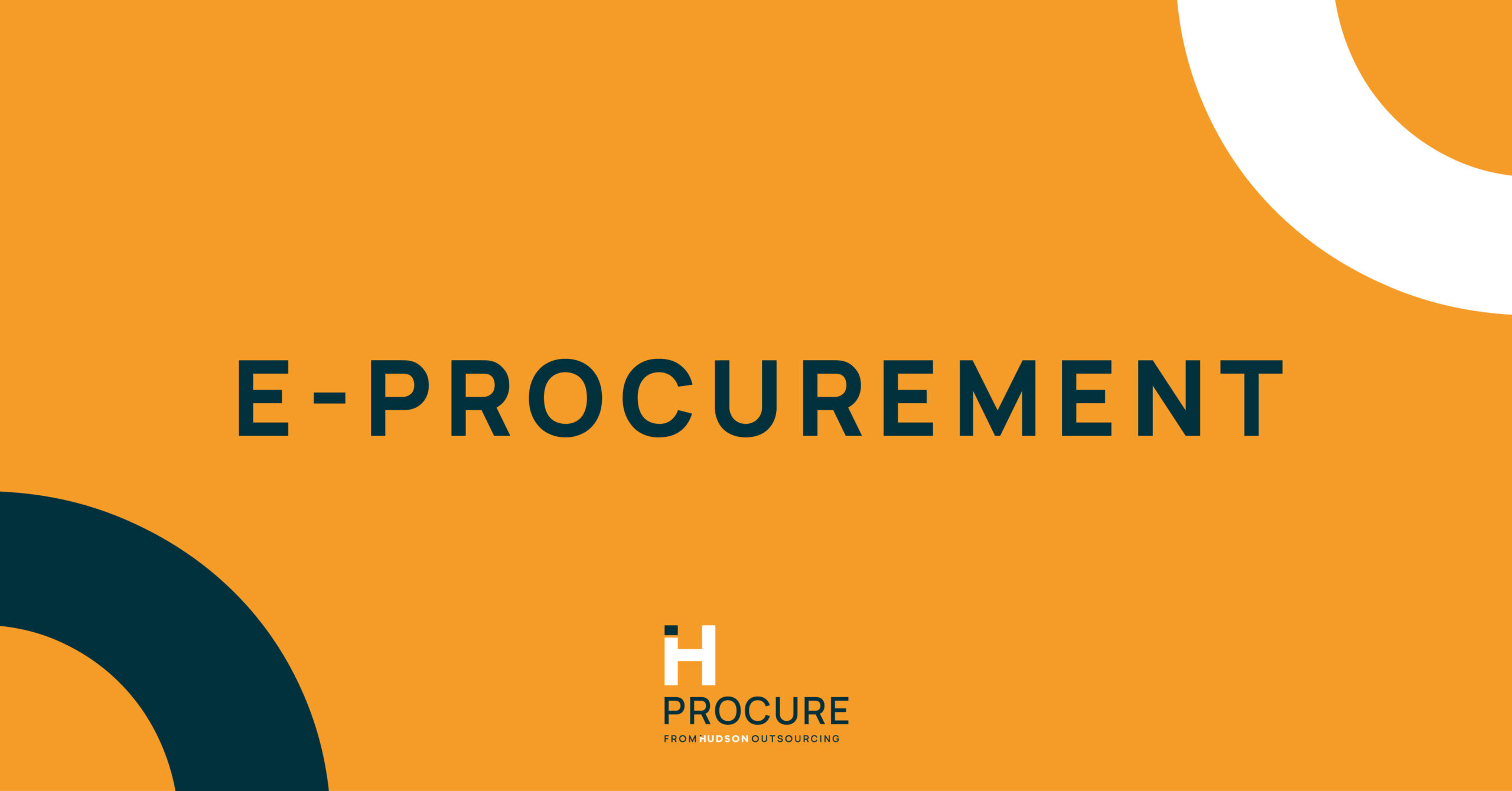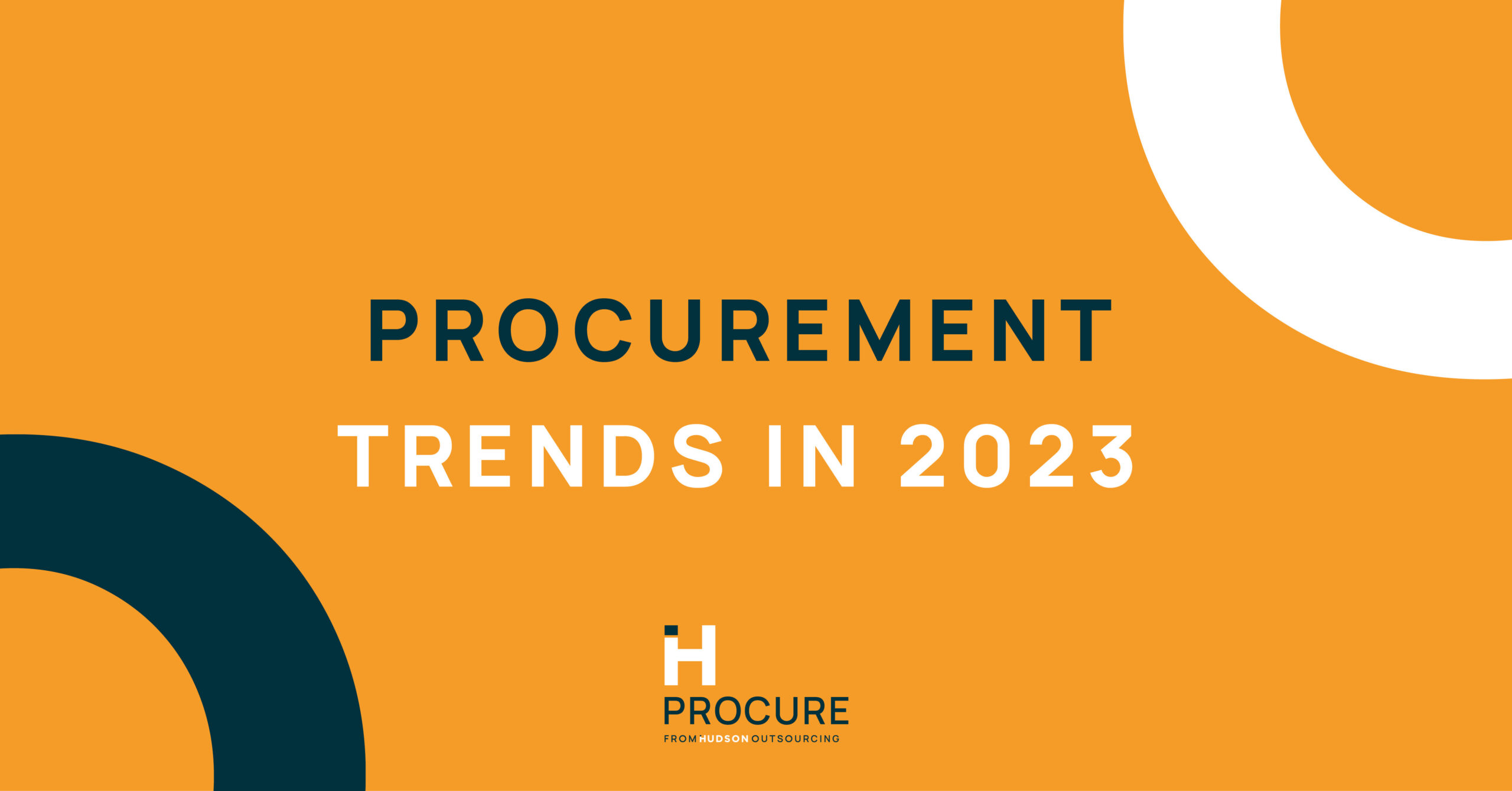Let’s get ready to navigate the purchase to pay process
The purchase to pay process has many names, including procure to pay and P2P. But do you know what any of it means? In this blog, we’ll take you through the purchase to pay process. Sit back and get ready to learn!
What is the purchase to pay process?
The purchase to pay process might seem overly complicated, but it doesn’t have to be!
We’ve broken it down into six steps:
-
Buyer establishes a need
Typically, the purchase to pay process begins when the buyer establishes a need. This could be any type of goods, product, or service.
-
A request is made
Next, a formal request is made. This request will be reviewed by the appropriate person, whether that’s a department head or Procurement Consultant. At this stage of the purchase to pay process, the request will either be approved or denied. If a request is denied, it will be sent back to the initiator for correction and resubmission.
-
Purchase order issued
If the request is approved, a purchase order will be submitted to the supplier. The supplier can then either approve it, reject it, or start a negotiation. If a supplier approves the purchase order at this stage, this activates a legally binding contract.
In the case of low-value items or one-off purchases, there could be the option for a spot buy.
-
Supplier delivers the requested goods or services
At the next stage of the purchase to pay process, the supplier will deliver the requested goods or services. The buyer will then inspect the products or services to ensure they comply with the contract terms. They will check factors such as:
- Quality
- On-time delivery
- Service
- Contract compliance
- Responsiveness
- Total cost of ownership (TCO).
-
The invoice is submitted
Once the previous stage of the process is complete, the supplier will submit an invoice. Following this, a three-way match between the purchase order, the supplier invoice and the goods/services receipt is performed. This aspect of the purchase to pay process is to identify any discrepancies. If none are found, then the invoice if passed to the relevant team. If discrepancies are found, then the invoice is rejected.
-
Payment is made
Now it’s time for the invoice to be processed and payment to be made to the supplier.
What are the benefits of a purchase to pay process?
-
It streamlines procurement
A major benefit of a purchase to pay system is that it can streamline the procurement process. It eliminates the need for manual processes, which can be incredibly time-consuming. Instead, a fully automated system allows you to capture 100% of your data, in a fraction of the time.
-
Improve supplier relationships
A purchase to pay process also enables you to improve supplier relationships. As the system is automated and, therefore, streamlined, communication with suppliers is simple and efficient. As a result, supplier relationships will improve.
-
Eliminate tail spend
With a purchase to pay process, buyers are able to quickly and efficiently order what they need. Because of this, organisations are able eliminate (or, at least, reduce) tail spending. This is because the systems are easy to use and offer guided purchasing, enabling buyers to stay compliant with policies.
-
Increase spend control
Finally, a purchase to pay system can help to control spending within an organisation. This is because the system provides you with a complete and thorough overview of your data. With this information, it’s easier to control spend, mitigate risk, and conduct effective supply chain management.
Remember our tips for an effective purchase to pay process:
- Implement an automated purchase to pay system
- Increase transparency wherever possible
- Optimise supplier engagement and satisfaction
- Develop measurable goals and track performance.
In summary
The purchase to pay process might seem complicated at first, but you can break it down into six, easy steps. For example, these include:
- The buyer establishes a need
- A request is made
- Purchase order is issued
- Suppliers deliver the requested goods and/or services
- The invoice is submitted
- Payment is made.
There are many benefits to these systems, including:
- Streamlined procurement
- Improved supplier relationships
- Eliminate or reduce tail spend
- Increase spend control.
And finally, remember our tips for an effective purchase to pay process:
- Implement an automated purchase to pay system
- Increase transparency wherever possible
- Optimise supplier engagement
- Develop measurable goals and track performance.
How can Hudson Procure help?
At Hudson Procure, our procurement experts have nearly two decades of experience. No matter what kind of support you’re looking for, we can help.
Procure Consult
With Procure Consult, we provide support with tender management and ad-hoc procurement consultancy. Our expert team will manage the end-to-end procurement process or can offer assistance at any stage, as and when required.
Procure Health Check
With Procure Health Check, we’ll conduct a full review of the strategic and operational procurement processes within your organisation. We’ll identify the areas that need improvement and help you drive greater value from the procurement process.
Procure Analyse
The purpose of Procure Analyse is to conduct a high-level analysis of your spending activity. We’ll help you understand your current purchasing behaviour and highlight areas that can deliver greater value. Procure Analyse is offered as part of Procure Health Check or as a standalone service.
Procure Outsourcing
With Procure Outsourcing, we deliver a range of procurement solutions on an outsourced basis, completely bespoke to you. This can range from delivering multiple tender projects as a package to delivering the full procurement function of your organisation.
Procure Post
With Procure Post, you can share your tender on one or more of our 11 sector-specific portals. We’ll advertise your tender to our community of engaged suppliers, looking to deliver similar contracts. This way, you’ll increase your chances of finding the perfect supplier. The best part? Procure Post is completely free with no limitations on the quantity of tenders you can upload.
Get in touch for a consultation and find out how we can help your organisation drive greater value for money.
Check out our other blogs for further Procurement Insights:


